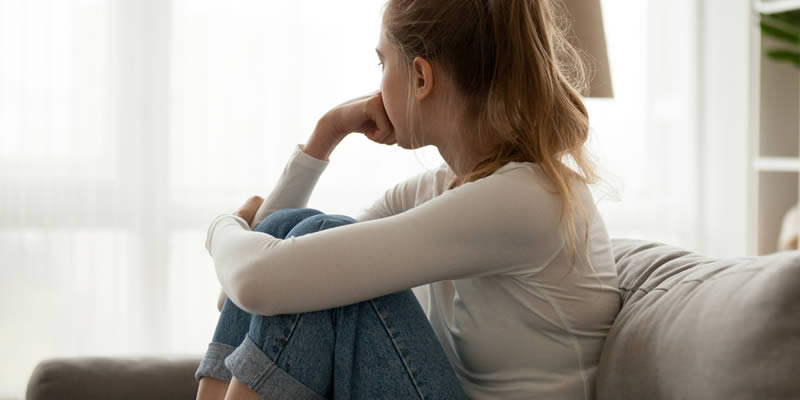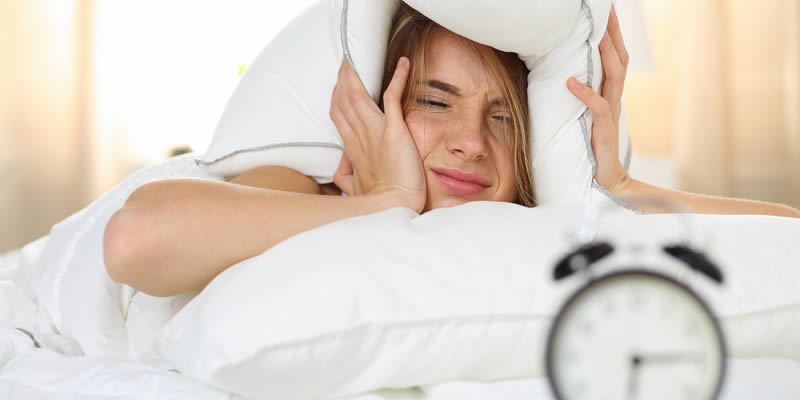Individuals feeling lonely during lockdown would feel better if they considered their life to be valuable to society, new research suggests.
According to an American-based study, lonely people who did not feel valued in life were more likely to flout the COVID-19 safety precautions, such as social distancing and hand washing.
Previous research has already found that feeling valued in society boosts your physical and mental health.
- Lockdown loneliness increases feelings of depression
- Loneliness in the brain identified by scientists
Most people feel like their life is of purpose when concentrating on a goal, such as a religion, parenthood, work or activist activities.
Top researcher Dr Yoona Kang said: “In the face of adversity, people with a stronger sense of purpose in life tend to be more resilient because they have a clear sense of goals that motivate actions that are aligned with personal values.
“People with strong purpose may also experience less conflict when making health decisions.”
She added: “We felt that the COVID-19 pandemic was an important context to test whether purpose in life relates to individuals’ willingness to engage in behaviours to protect themselves and others.”
Before carrying out trials, the team of academics predicted that individuals who felt like they had a purpose in life would follow coronavirus safety measures more than people who didn’t feel valued.
The researchers examined over 500 partakers by analysing how lonely they felt, their sense of purpose in life and how well they respected COVID-19 safety rules.
The findings revealed that people feeling lonely were less likely to care about the coronavirus safety precautions.
“When faced with extreme loneliness and social isolation, like during the COVID-19 pandemic, wanting to connect with other people, despite the health risks, is a natural response,” says Dr Yoona Kang.
- Loneliness can make ‘giving up smoking harder’
- Feeling younger can help older adults live longer, survey shows
She added: “Yet amidst this drastic shift in social life, we found that people with a higher sense of purpose were more likely to engage in prevention behaviours.
“This is striking because it shows that purpose in life can empower people to make life-saving health decisions that protect their own health and those around them.”
The study also discovered that younger individuals were displaying more signs of loneliness compared to elderly people.
The full research investigation is now available in the June edition of ‘The Gerontologist’.




